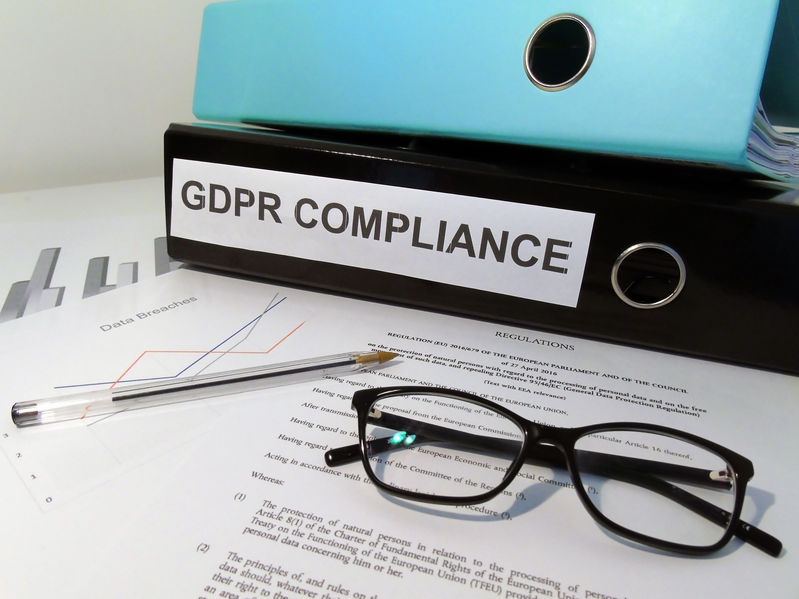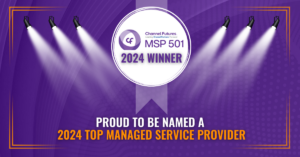
Knowing the difference between the General Data Protection Regulation (GDPR) and the California Consumer Privacy Act (CCPA) is important to ensure your company is always staying in compliance with these rules. Below, our LA IT support team provides details about GDPR and CCPA.
What is the GDPR?
The General Data Protection Regulation (GDPR) controls how organizations handle data for all members of the European Union (EU). This law empowers users of private data to dictate how businesses can process their information. The GDPR considers processing data as any form of recording, structuring, organizing, storing, altering, destroying or collecting personal information.
Which Companies Are Regulated by GDPR?
The GDPR is a law that applies to all organizations and websites that provide services to monitor the actions of people within the EU. This law doesn’t have any geographic restrictions, as it involves all entities collecting data from EU clients. The GDPR highlights two types of businesses that must comply with these data privacy laws, which are data controllers and data processors.
What Type of Information is Protected?
The GDPR oversees the processing of data, such as names, email addresses, dates of birth, home addresses, phone numbers, bank accounts, photos, and credit card numbers. However, the GDPR doesn’t cover the processing of anonymous information that doesn’t reveal identities, data of deceased individuals, or any data processing that occurs on a household level.
What is CCPA?
The California Consumer Privacy Act (CCPA) is a law that ensures the privacy rights of citizens living in California. The CCPA prevents a business from selling private data while also giving users the ability to know what data a business is processing, and they can request data deletion. Reaching out to LA IT support professionals is a good idea if you have any questions on how to handle this data.
Who Is Regulated by the CCPA?
The CCPA applies to any businesses that collect, disclose, or sell personal data of anyone living in California. This law applies to for-profit companies that collect personal data from clients, and they must conduct business in California. A company must also meet any of these following thresholds, such as annual gross revenue greater than $25 million, earn at least 50% of its annual revenue from selling personal information, shares the personal data of over 50,000 consumers, devices, or households.
Keeping up with the latest data privacy laws is essential for businesses. Advanced Networks offers LA IT support, including data protection services, for a wide range of companies. Get in touch with us to learn more about how we can help with data privacy and protection.




